{Child development books can teach many parenting lessons. However, sometimes just observing and reflecting on our own child’s behavior is the best teacher}
In my last post entitled, “What Being a Stay-at-Home Mom Taught Me About Child Development (that a Ph.D. didn’t), I began describing just a few of the child development lessons I’ve learned from my own children. As most of you know, children really are the best teachers. If you observe closely and try to be patient, they will teach you more than any child development book ever could.
Now, on to a few more parenting lessons I have learned from my kids, many more than once.
Conformity Isn’t Everything
Don’t worry if your child does not “fit the mold” or do what other kids do. From day one, I felt like my first son didn’t react to situations the way other babies did. Maybe I just had unrealistic expectations (being a first-time mom), but he always just seemed a little different from other babies I had been around. For instance, I always saw newborns sleeping peacefully in car seats at stores or restaurants.
My son–not at all! Almost from birth, he hated the car seat. I would strap him in it to go to the store or to meet a friend and he would scream from door to door. At first, this disturbed me a lot. I would break down in tears almost every time we went for a car ride. Soon, I realized he just hated the sensations, the noise, etc. I quickly learned that understanding your child’s temperament is key! Over the course of a few months, he did get better about riding in the car, but it wasn’t until he was a toddler and could enjoy a toy, book, or song on the radio that car rides got more enjoyable.
As a toddler, he was a ball of energy, to say the least. All toddlers have a lot of energy, but he seemed to never stop. I vividly remember being at a playgroup with other moms of toddlers. My son was about 2 years old at the time and he and the other kids were playing in a big open room at our church. First off, my son was the only one climbing on anything that was possible to climb on in the room–a stack of chairs, a table, anything.
Secondly, he was the only child in the group that never sat down to eat. All the moms would bring the kids a sack lunch to eat while we chatted. All the other toddlers would sit in their chairs and eat sandwiches and fruit. What would my son do? Run to the table, grab some food and run off chewing all the way. Now, this, of course, makes me sound like a horrible parent.
Let me explain–I had tried every tactic I knew to get him to sit for more than two seconds and it simply never worked. I guess I could have physically restrained him in my lap, but that just seemed counterproductive to me. Guess what? He is now 6 years old and he can sit down and eat a meal normally (although he still likes to multi-task).
Now, I’m not saying you should give up teaching your kids manners or how to properly sit in a chair. Of course, those lessons have to be taught, but some toddlers (especially toddlers) are simply too energetic to control themselves well in settings like that.
My big parenting lesson here was not to feel too bad about myself if my kid didn’t “fit the mold” of what other people expected him to do. He was (and still is) very curious about his surroundings, very energetic, but also wants to learn everything he can about everything he sees. I didn’t want to squelch that curious instinct too much. Table manners and proper habits will come, but they often take a lot of practice.
Related reading: Helpful Calming Activities for Super-Active Kids
Soft Skills Matter
Focus a lot on teaching self-regulation. This item may seem contradictory to what I just described in #5, but it’s really not. While manners and self-regulation overlap in some ways, I still tend to think of them differently. Manners tend to be forms of behavior that adults impose upon kids. Self-regulation is really the child’s ability to regulate and moderate his/her own emotions and behavior. If we model and teach self-regulation, then manners will eventually come. Research continues to show that self-regulation, along with a few other executive functions, is a better predictor of children’s future academic and life outcomes than IQ.
Learning self-regulation takes a lot of practice for little children. I learned pretty early on with my first son that teaching him this skill was crucial. As a toddler, he would get very upset over little things–a toy that didn’t work as he wanted it to or not getting his way.
My second son is very similar, if not even more easily frustrated. He will try to throw toys if he cannot get them to work the way he wants them to work. This is a common issue with toddlers, but as parents it is challenging. Many times our first instinct is to simply quiet our child or punish them for the outburst. I, too, have been tempted to do this. I soon learned that this does nothing to help my sons learn better self-regulation.
With my first son, we started teaching “take a deep breath” to calm down. When he got upset I would model taking a deep breath and encourage him to do the same. Believe me, this took a lot of practice! But now at age 6, he knows to try this tactic first when he gets upset. With my second son (who is currently 2.5 years), I am trying the same technique but so far it’s not working as well. So I’m trying some other ideas like counting to calm down, or taking a break from the toy and coming back to it later. Big parenting lesson here: learning self-regulation is always a work in progress, even for adults.
Related reading: Gifts that Promote Child Development: Social-Emotional Skills
Teaching self-regulation always works best in the context of a supportive, responsive relationship with your child. If your child knows he/she can trust you and trust you not to lose your temper (at least not often) then they will eventually learn to handle their emotions more effectively.
Related reading: Learning to be a More Patient Parent {using a simple process}
Simplify
Tinker and meander….in other words, slow down. Even as a stay-at-home parent, you can get rushed. You would think that since I do not have to report to an office every day, that I would just ease through my day with my kids. As stay-at-home parents know, however, there is still work to be done–laundry, cooking meals, etc. It is easy to get focused on the routine of getting work done and not take time to just enjoy your children. When I realized I had started doing this with my sons, I started to try to slow down and allow time for us to just meander and tinker.
Related reading: Executive Function Skills: The New Research that Convinced Me to be a Soccer Mom Dropout
If you have doubts about the power and education value that can come from tinkering watch this from Gerver Tully.
I am still learning this parenting lesson on a daily basis. The other day, it was quite windy where we live and my 2-year-old son became fascinated with picking up dry leaves and letting them blow in the wind. He started doing it while we were trying to walk through a parking lot, which was not the safest place to continue this activity. So I suggested (halfheartedly) that he continue leaf-blowing at home. I thought certain he would forget about it (kids have short attention spans, right?).
The moment we arrived home, he asked to go to the backyard and continue his leaf-blowing experiment. It was awesome! He compared how leaves blow and why other things like grass or rocks didn’t blow. A perfect science lesson for a 2-year-old. Guess what? I didn’t have to set up anything or really even encourage him. Parenting lesson here: sometimes all you have to do is slow down enough to allow him to learn things on his own and ask a few questions to help him continue.
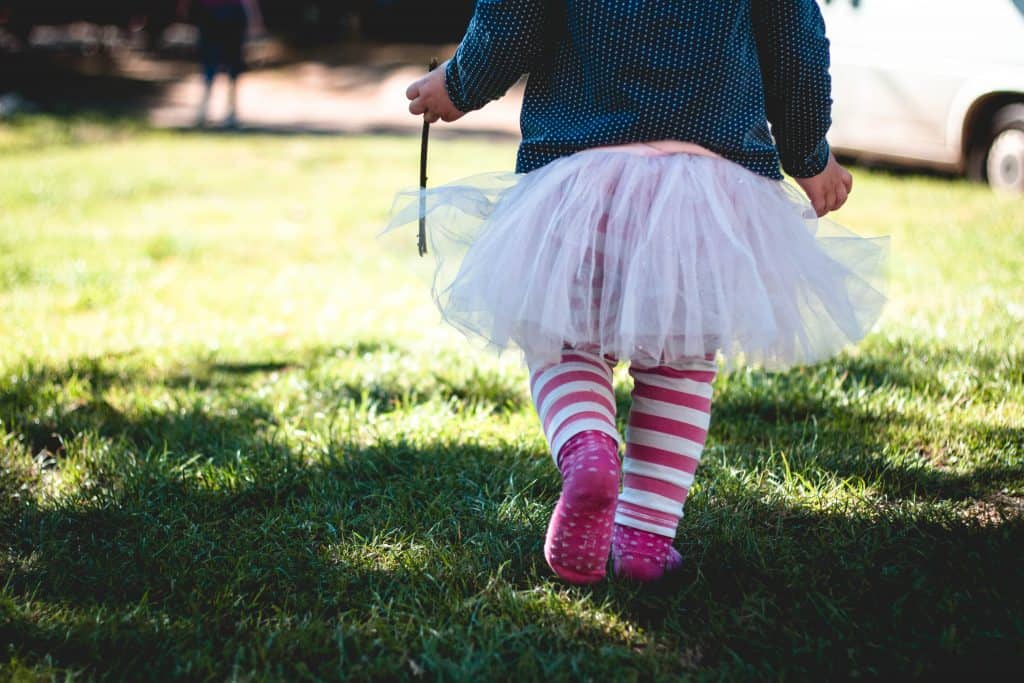
There will be plenty of time later for lesson plans and worksheets. Tinkering and meandering is the way little kids were designed to learn.
Child development is a beautiful, subtle process if you take the time to notice it. I hope these lessons help you become more aware of your child’s development process as they have for me.
Related Resources:
 Wonder Crate–the only kids’ activity box designed to foster social-emotional skills
Wonder Crate–the only kids’ activity box designed to foster social-emotional skills
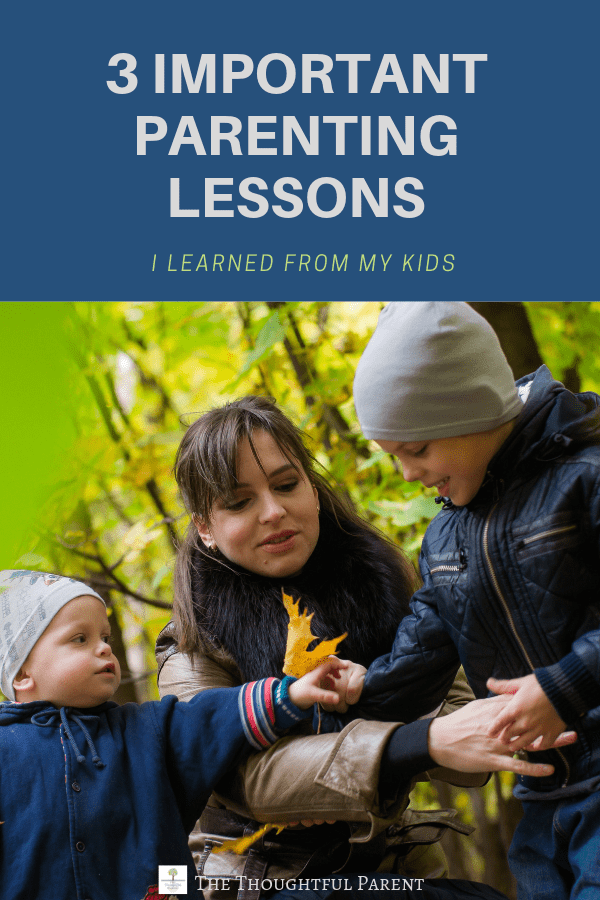

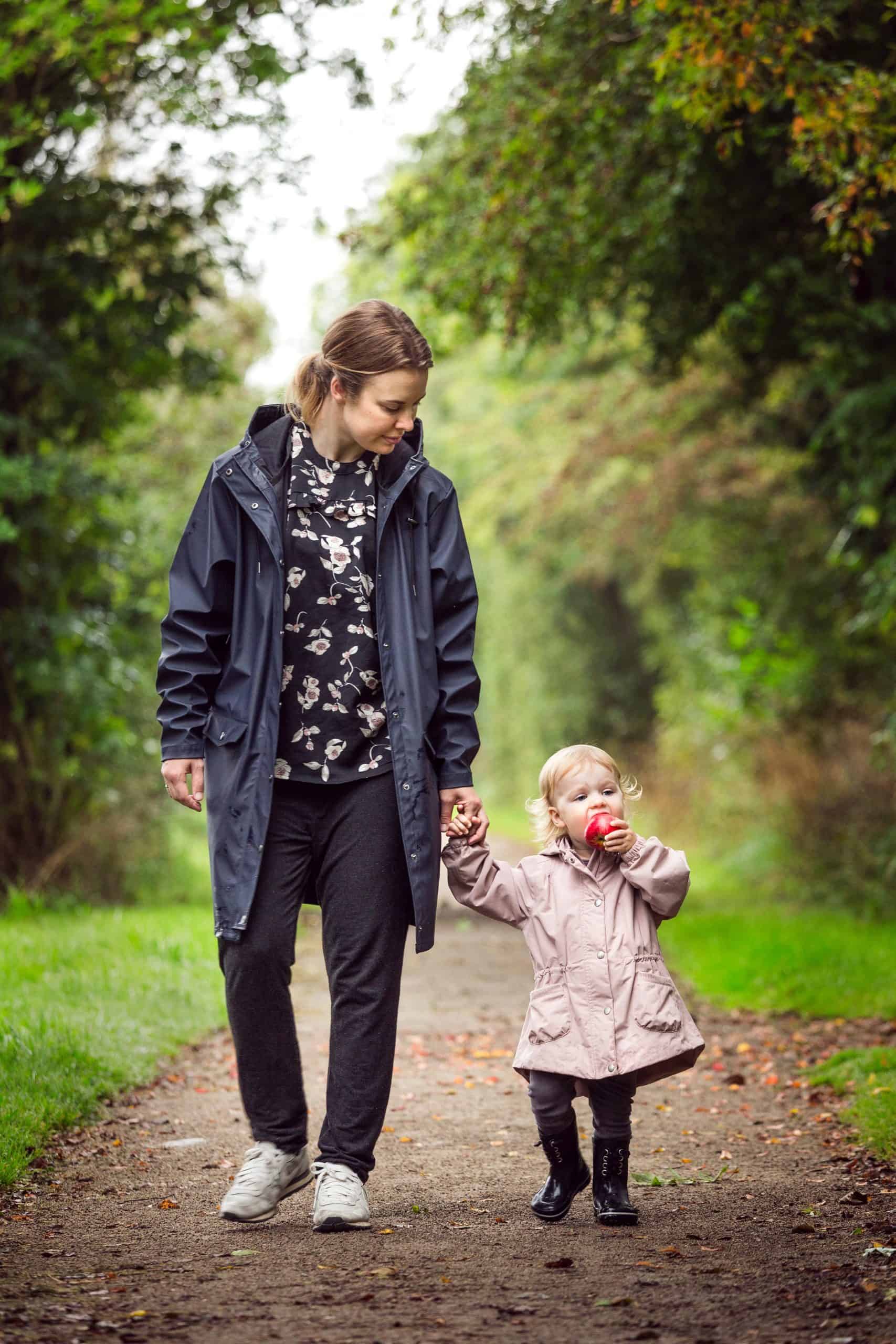
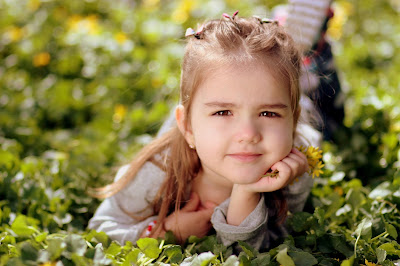

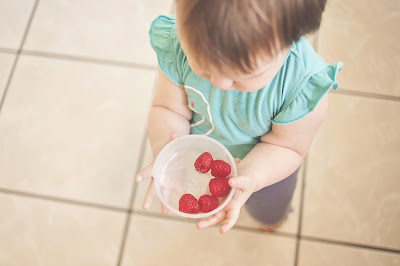





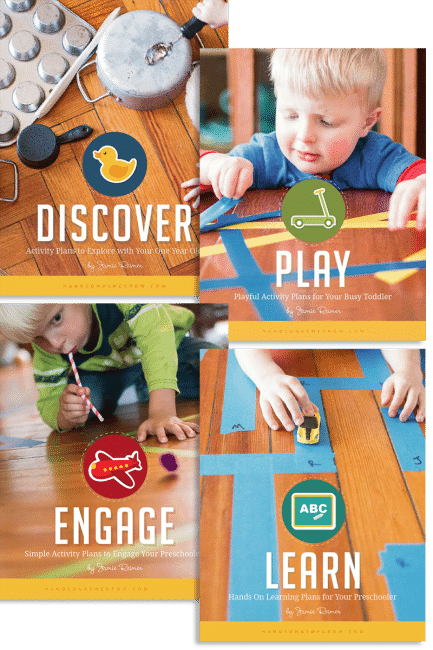


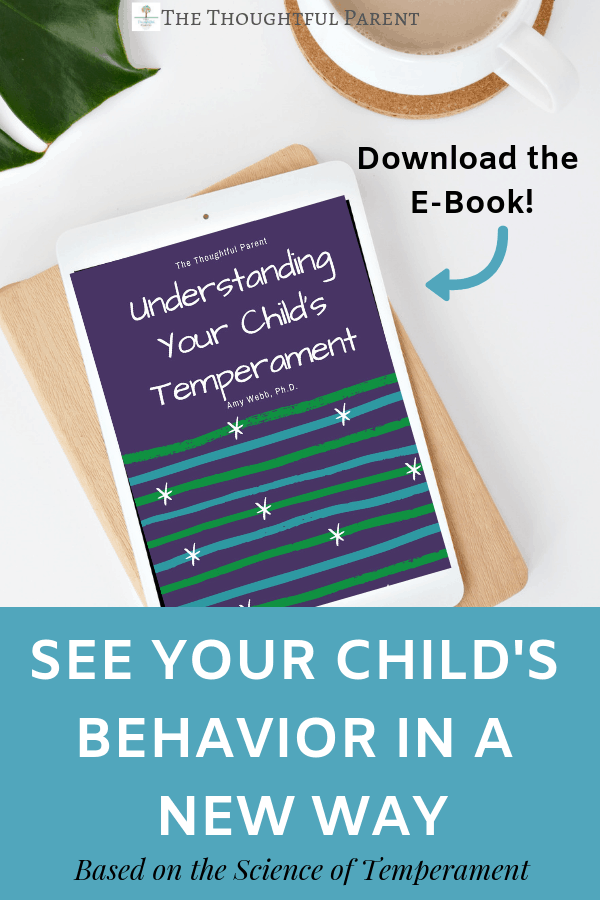
Jordan
It's really interesting how when we are teaching children, they end up giving us lessons as well. It's so great to see what yours have taught you on your journey. Thanks for sharing your insight with us!